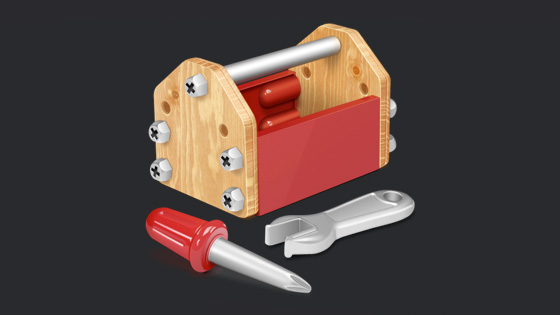DNA will open EMV toolbox for more providers

The critical mission to develop a common solution for EMV in the U.S. received a significant boost as the Debit Network Alliance (DNA) was founded. In a much-needed move, ten of the country’s 18 PIN-debit networks came together to provide a structure for the governance, deployment and implementation of the EMV debit standard. This is a first step to the crucial collaboration that can propel EMV forward quickly, efficiently and in a way that protects the interests of all the parties that keep our complex payments system humming.
The founders of DNA realize it’s time to set aside the debate and get to work on a single, consistent way to deploy EMV in the U.S. To truly realize the value EMV can bring the U.S. payments system, all networks must participate in the development of a communal – and compliant – standard. Without it, three must-haves – merchant routing choice, issuer portability and healthy industry competition – are at risk.
In my 25 years in the industry, I have never been party to such deliberation over the rollout of a new payments standard. This is largely because to-date new standards have been governed by standards bodies, like the American National Standards Institute (ANSI), International Organization for Standardization (ISO) and the International Electrotechnical Commission (IEC). EMV, at its core, is a standard. But in the U.S., that standard is exposed to the temptations of proprietary implementation, which creates significant business challenges.
While debate can be frustrating, it’s also an important component to the advancement of any innovation. Americans continue to operate in an enviable economy where robust infrastructure affords many great privileges. That same robustness, however, generates complications, particularly in the areas of competition and interoperability. The result is many different solutions for the same technology.
EMV is not alone in its ability to inspire multiple solutions. We see much of the same jockeying for the solution occurring in the mobile payments space. Merchants, for example, are nervous about the prospect of needing to accommodate 100 different mobile wallet solutions. So, instead they are rolling out their own – the Merchant Customer Exchange.
continue reading »



